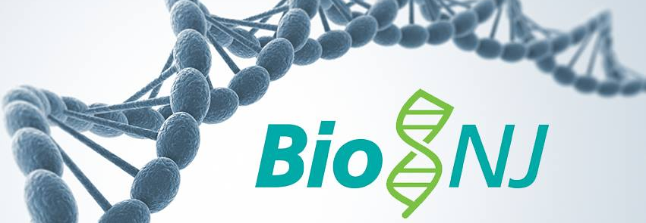
One of the largest biotechnology hubs in the United States just got a shot in the arm. New Jersey’s biotech industry employs 176,000 people, and now, thanks to a recent move by New Jersey governor Chris Christie, the sector looks set to grow bigger still, and more productive. Christie recently appointed BioNJ President and CEO Debbie Hart, and BioNJ Vice Chairman Daniel J. O’Connor to the New Jersey Biotechnology Task Force.
The task force is meant to foster communication between the New Jersey state government and the biotech industry. BioNJ is an umbrella organization of 400 biotech companies in New Jersey with essentially the same mission, making it fitting that the heads of BioNJ are now on an official state-sponsored mission to ease drug development in New Jersey.
Given that biotech is one of the most heavily regulated sectors in the country, the need for efficient communication between state and industry is paramount. Much of today’s medical innovation would not be possible without legislation to incentivize different areas of drug development. For instance, legislation like the Orphan Drug Act was and remains crucial for the development of drugs for rare diseases. The 2011 Generating Antibiotic Incentives Now (GAIN) Act and the 2014 Antibiotic Development to Advance Patient Treatment (ADAPT) Act have helped greatly in lightening the burden for companies pursuing urgent anti-infective treatments.
While legislative incentives alone are not enough, they are the bedrock to speeding up medical innovation, as long as they are the result of accurate communication between industry and state. With Hart and O’Connor now on board, the chances of the task force succeeding in lightening the regulatory burden for the entire New Jersey industry increase substantially.
The danger with state committees like these, despite good intentions, is that communication with only select segments of an industry can result in the playing field being tipped in favor of Big Pharma and its allies. With the involvement of BioNJ and its 400 member companies, it become much more likely that any new legislation will benefit all biotch companies rather than just select favorites who happen to have influence with the centers of power.
Hart and O’Connor will be the only two industry representatives on the 9-member task force. Six will be New Jersey senators and assemblymen, and one a representative of the New Jersey Economic Development Authority. Meaning, the two heads of BioNJ will be the joint voice for the industry, and their recommendations to the task force will be heard.
Christie’s moves parallel his earlier appointment to President Donald Trump’s Commission on Combating Drug Addiction and the Opioid Crisis. Christie was put in charge of the commission back in May, but unlike the New Jersey Biotechnology Task Force, the federal commission is comprised only of lawmakers and no industry representatives.
New Jersey’s state-level initiative is more likely to succeed in its goals given that the federal government has consistently failed to stop drug addiction through spending programs for decades. While ending or even curtailing drug addiction through government spending is a long shot, incentivizing new drug development is a different matter and much more likely to succeed. In the development sphere, all that needs to be done is ease regulatory requirements and create tax incentives to encourage more industry, which government can do through tax cuts and credits for different drug development initiatives depending on the need.
While preventing addiction through government has been a failure since the Reagan Administration and “Just Say No”, incentivizing development has been a resounding success since 1983 with the passage of the Orphan Drug Act, also a Reagan era initiative. In the legislation’s early history for example, less than 50 orphan designations were granted, with less than 10 approvals per year for most of the Act’s first 10 years. 2016 saw 350 orphan designations with 60 approvals projected for 2017, showcasing the obvious success of the incentive approach in drug development.
With any luck that success will multiply in New Jersey through the Biotechnology Task Force.




